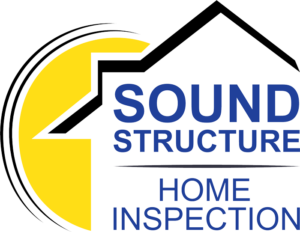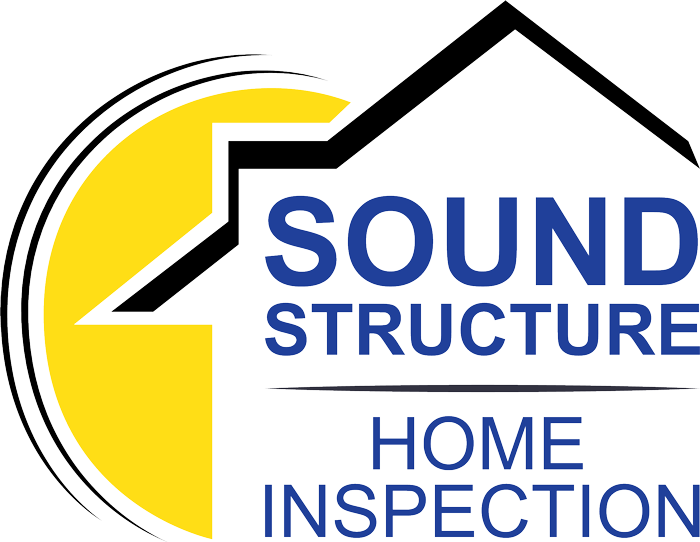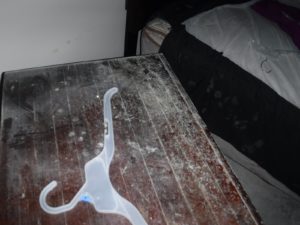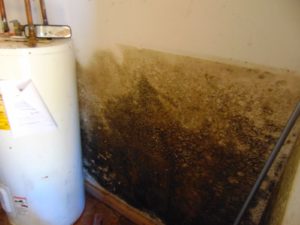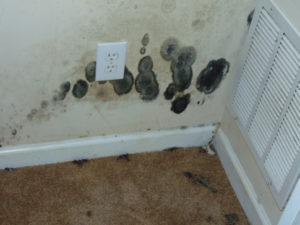What to look for in a mold inspection?
Anyone can flip a switch to a vacuum pump to pull samples
and call themselves a mold inspector. Certifications are also relatively
easy to get but the following is what you really look for in a mold inspection.
Is the inspector qualified to safely open an AC system to check blower wheel, coil, duct and drain pan? This area often harbors mold.
Does the inspector own and properly use an Infrared camera and moisture meter? It is just as important if not more to find the source of moisture then just to inform customers of the type and quantity of mold.
After the lab results are received the inspector must spend time with customer going over report. Mold types such as Aspergillus and Stachybotrys are not every day terms but customers need to know the difference.
Basements, crawl spaces and foundations also need to have a qualified inspection, since this is often the area of moisture intrusion.
Is the inspector qualified to inspect grading and gutter systems? Quite often a simple adjustment to these areas can repair issue.
Inspections should never be performed by a remediation Company or someone who has a vested interest in one. A remediation company can take samples for their own interest, but it is a serious conflict of interest if they use their samples for sales or give a clearance letter on their own work
